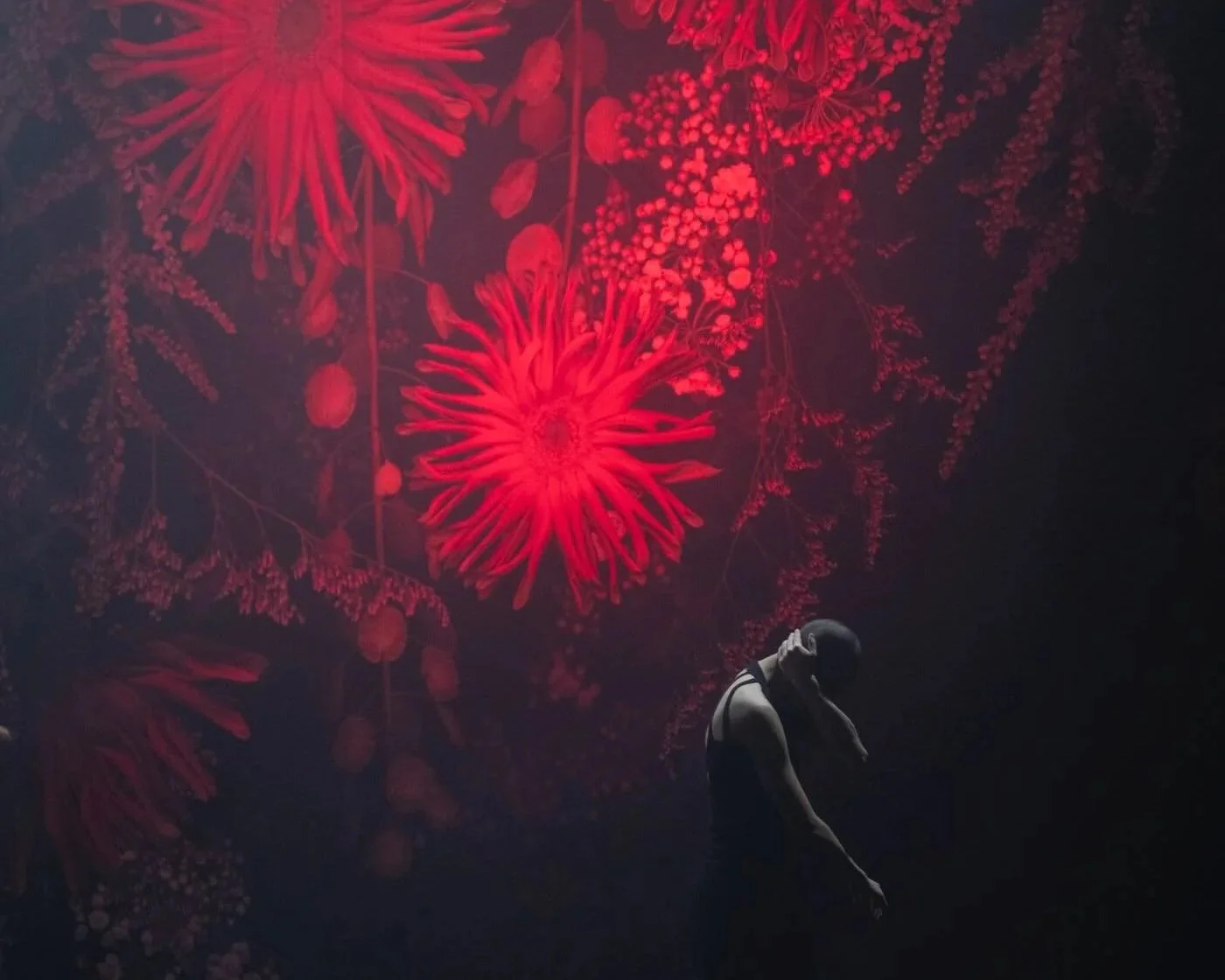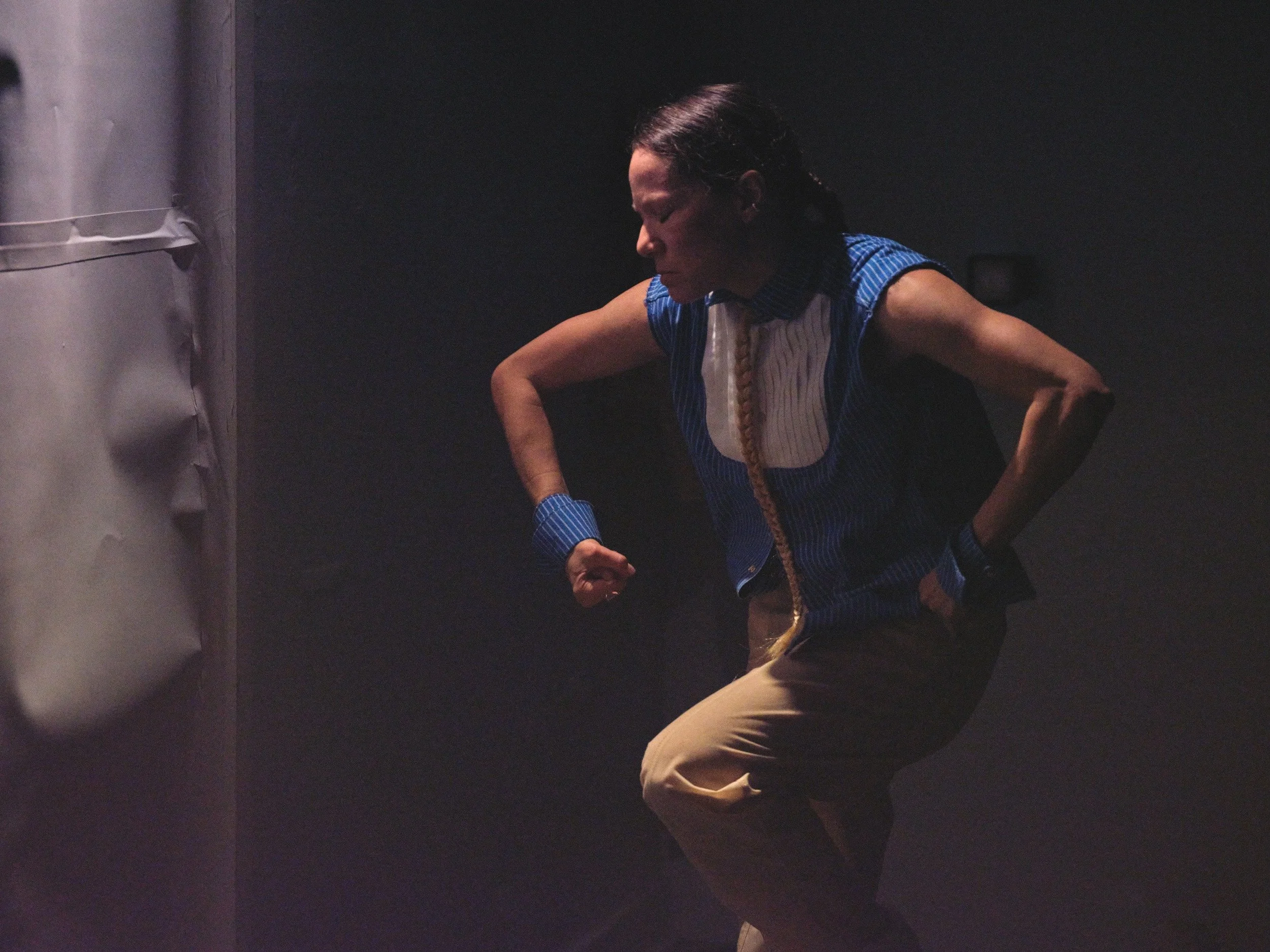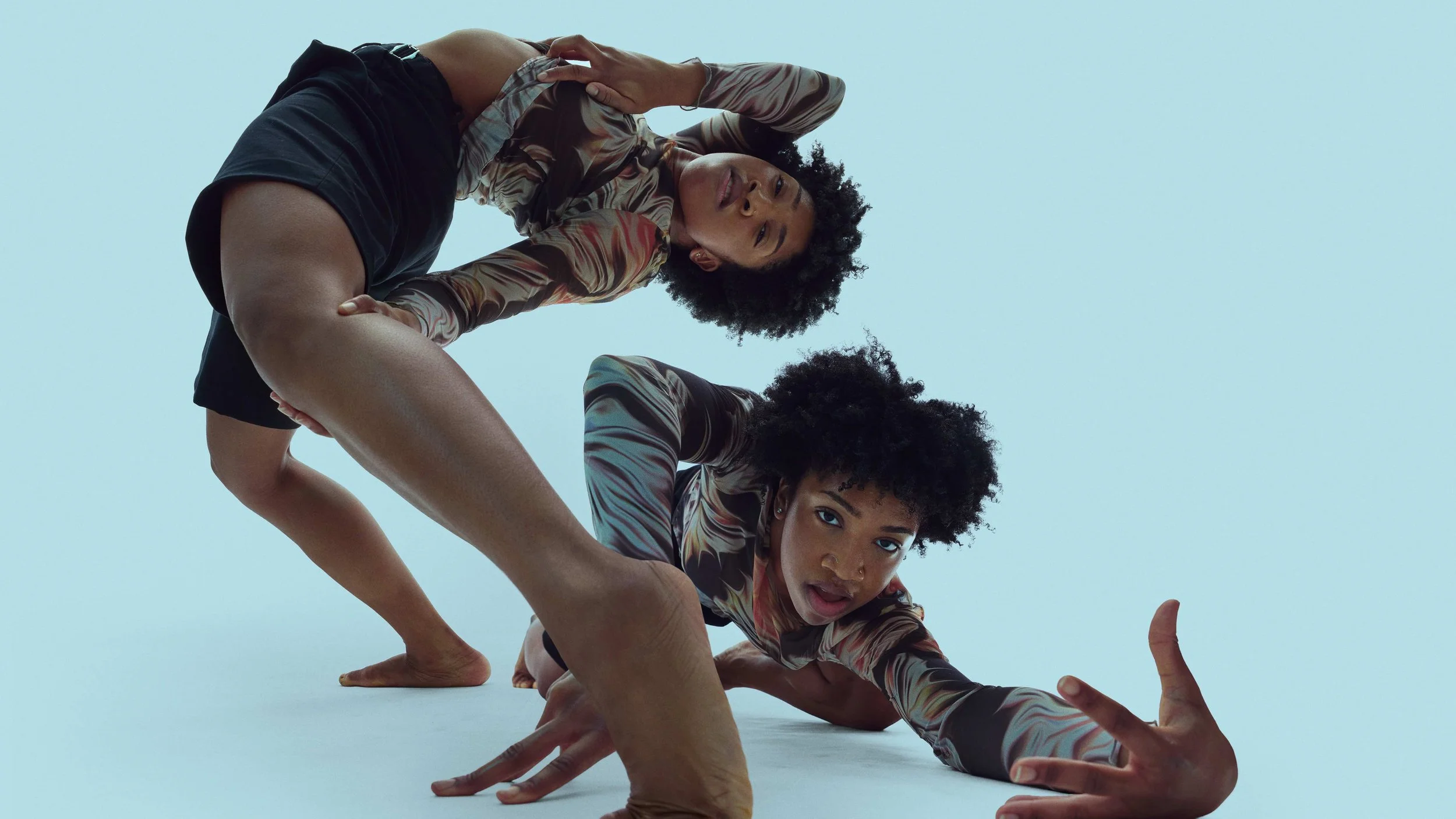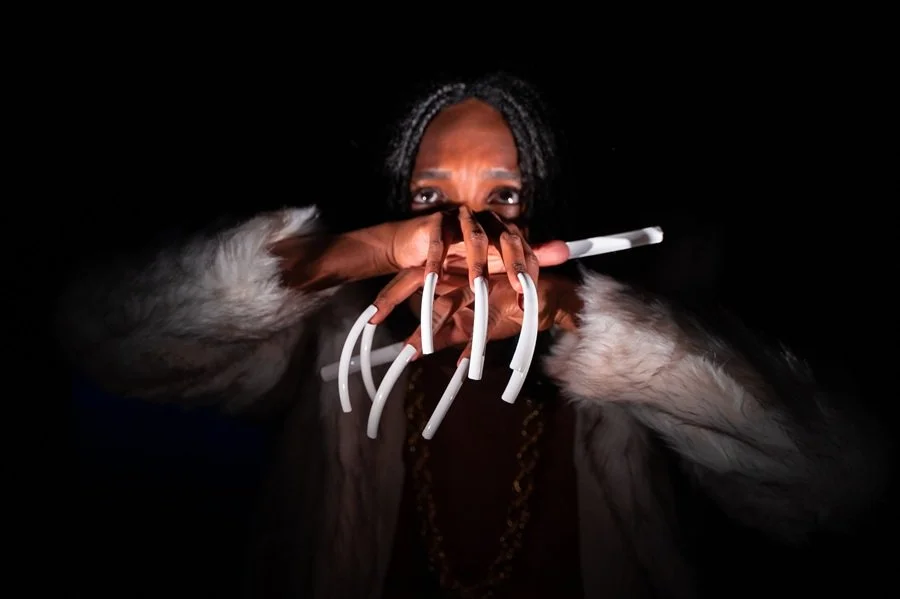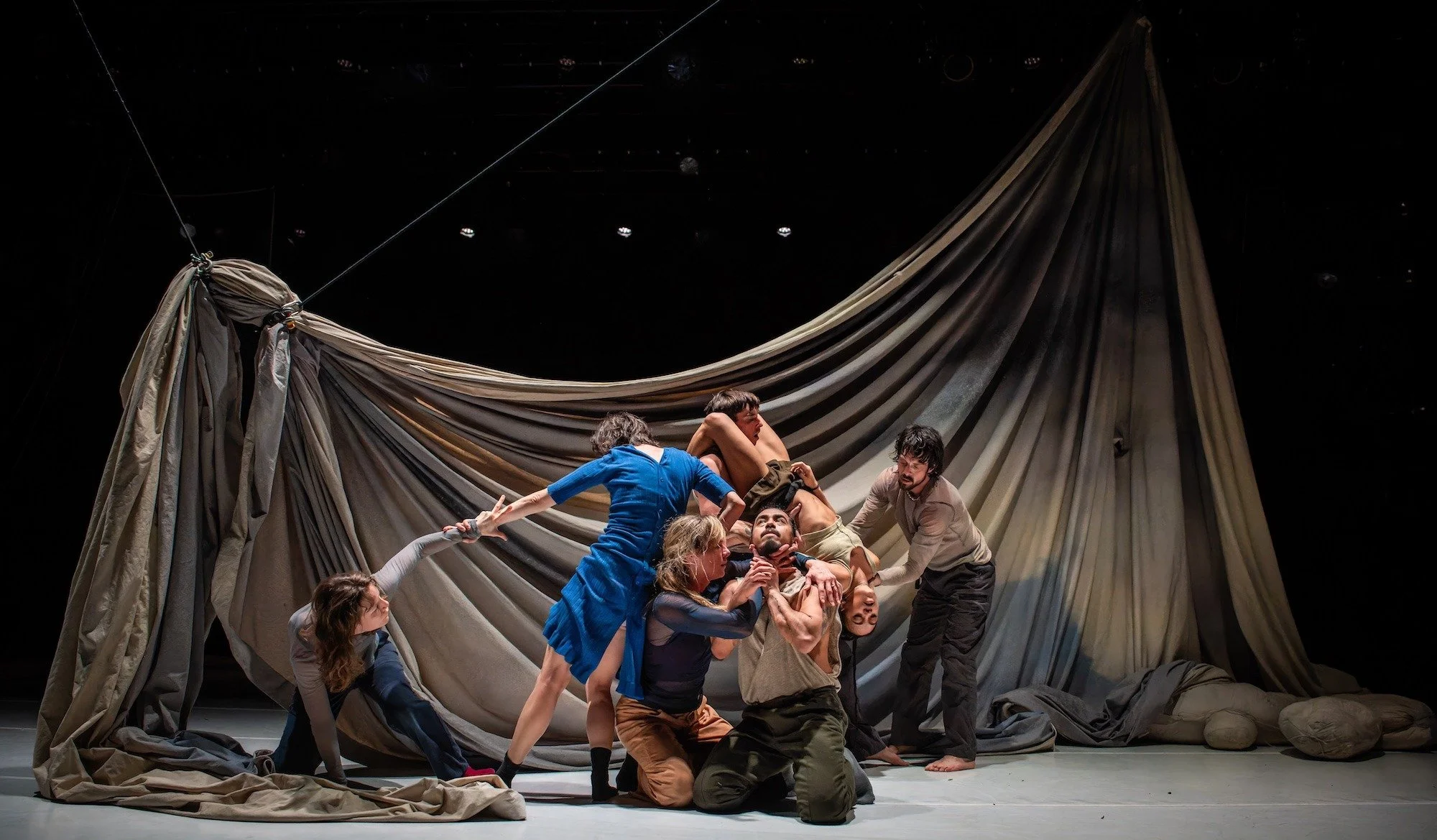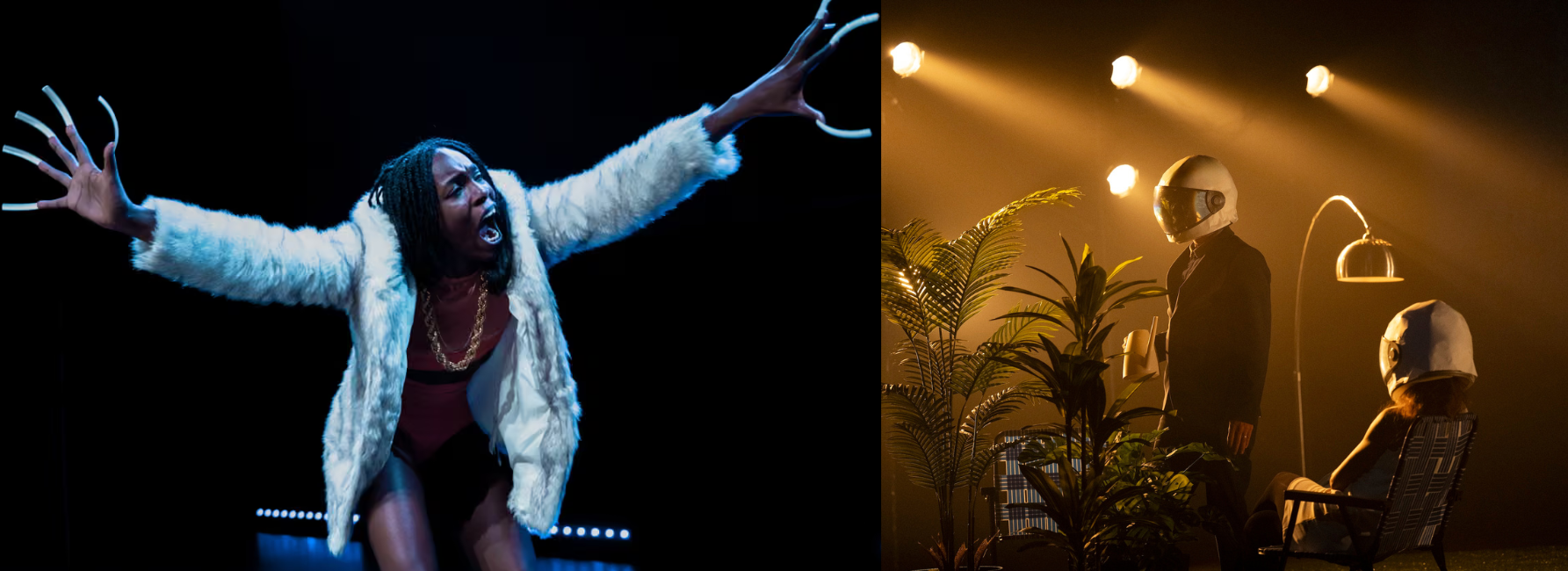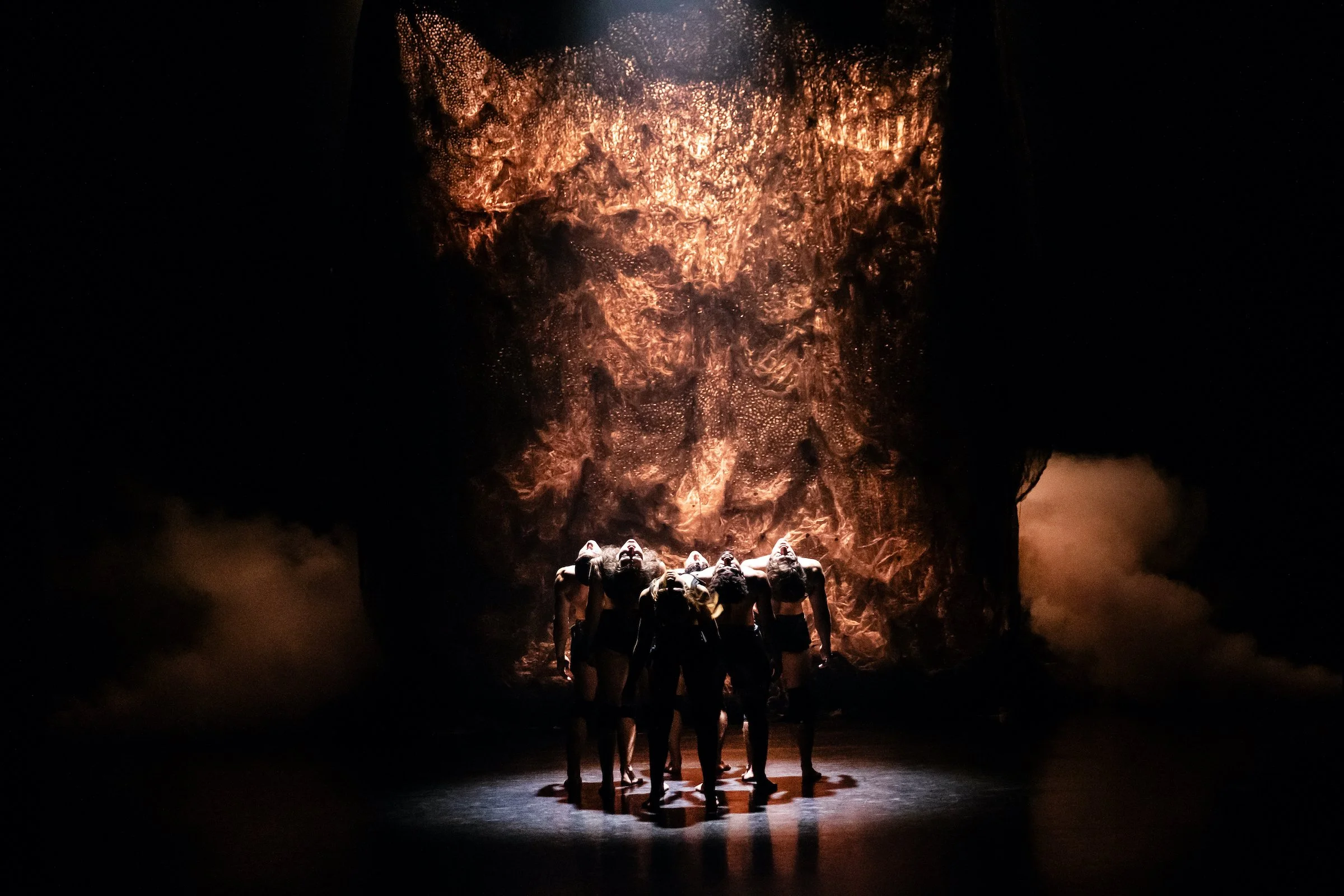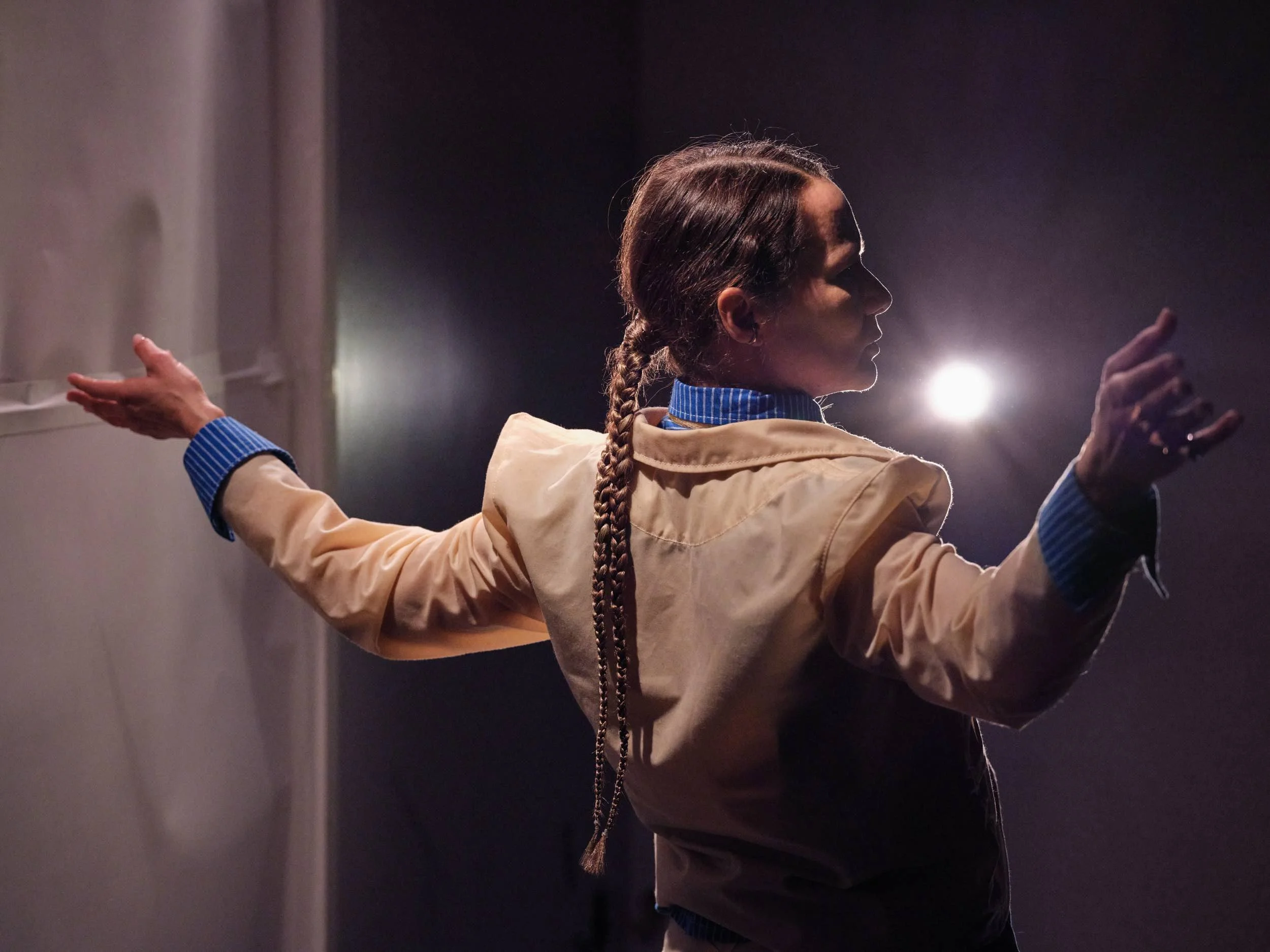In We Love Arabs, Hillel Kogan poses uncomfortable questions with self-effacing laughter
The duet with Mourad Bouayad at the Scotiabank Dance Centre takes a biting look at himself and his country’s cultural identity
We Love Arabs. Photo by Eli Katz
The Dance Centre and Théâtre la Seizième copresent We Love Arabs at the Scotiabank Dance Centre on April 13 and 15 in English, and on April 14 in French
“I ALWAYS BEGIN with wondering, with some questions I have,” starts acclaimed Israeli dance artist Hillel Kogan, speaking to Stir from Tel Aviv. “There is always a question. There is always a debate. I see myself as debating through dance.”
In the case of We Love Arabs, the Israel Critics’ Circle-winning duet that he has toured from Melbourne to Paris, the question for the artist boiled down to this: “Why, in a country where 20 percent of the citizens are Arab, don’t I have Arab friends?”
As is so often the case with Kogan, the question is at once self-critical, witty, and politically provocative. For the “left-voting” dancer-choreographer, it digs at difficult questions about the very identity of Israel and its culture.
“We talk about coexistence and peace in Israel,” explains the freelance choreographer and longtime director of educational programs at Israel’s legendary Batsheva Dance Company’s. “We are educated in that spirit, but I’m asking: do we do enough? Do we do that in a profound way?”
The resulting work, finally coming to Vancouver’s Scotiabank Dance Centre after 10 years of touring, finds Kogan taking the stage with Mourad Bouayad, narrating the audience through his choreographer’s well-intentioned but hilariously misguided attempt to create a dance exploring the relationship between Israeli Jews and Arabs. In the process, he exposes his own prejudices; right off the bat he’s dismayed that Bouayad’s character doesn’t look more stereotypically “Arab”, and it’s repeatedly obvious that he underestimates the other dancer’s prowess. Power struggles ensue, and along the way, Kogan mercilessly skewers smug liberal politics and earnest contemporary dance.
Kogan chats for the duration of the production—and audiences will laugh throughout.
Asked if he purposely employs humour to tackle tough subjects, the dryly witty artists says, “It’s more that humour chooses me. People know me as a funny person; I like to make jokes about everything and I like to be sarcastic and critical. I don't feel like it's a choice. This is my way of being and my way of writing.
“But I realize that by using humour as a mechanism of theatrical debate or performance debate—it allows distance from those emotions that are corrosive,” he adds. “People are tired of the conflict. They don't want to hear about it anymore, because it’s always done in a very heavy way, so full of blood and emotions and anger and frustration. They are tired of pain, especially when it comes to art. They want to escape a bit from life.”
Rest assured that Kogan does not want them to escape. Although he enjoys aesthetically pleasing dance, the artist, who’s an expert teacher of Ohad Naharin’s famous Gaga dance technique, does not care about creating beauty onstage. What he evokes with the satirical, thought-provoking We Love Arabs is somewhere closer to unsettling truth—and uncomfortable laughter. In his words: “You laugh, but you know it’s wrong.”
“I feel terrible when I say I vote for the left and I don't have Arab friends,” he stresses seriously. “But the stage allows that: to be funny and tragic. It’s an invitation to laugh at me first and then to laugh at ourselves.”




